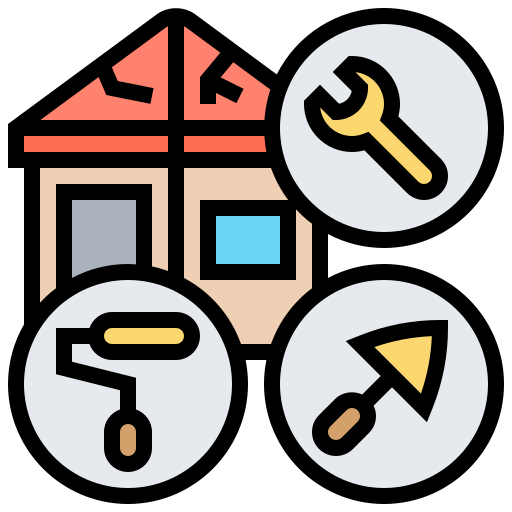Ever had to do away with clutter in your life, do up your house for a special occasion, or realized you could do with a little extra help?
Phrasal verbs like these are common in everyday English. They "add depth and nuance to spoken English, making conversations more engaging and natural."
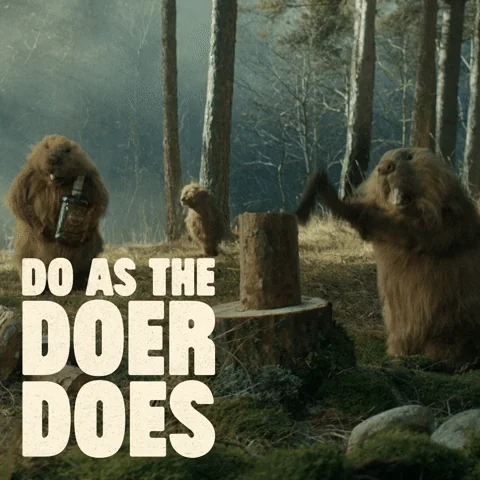
1. Do away with (something)
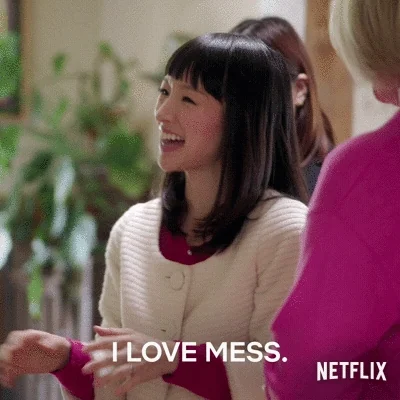
The first step to tidying is to do away with all the clutter!

What does this phrase mean? 🤷
Meaning: to remove, eliminate, or stop using something.
Use: when you want to talk about removing unnecessary items, steps, or rules.
Examples 💭
We need to do away with these stereotypes — they're demeaning!
The company did away with manual records and switched to a digital system.
I've done away with all my old clothes in the garage!
Quiz
Which of the following sentences use "do away with" correctly?
Did you know?
2. Do up (something)
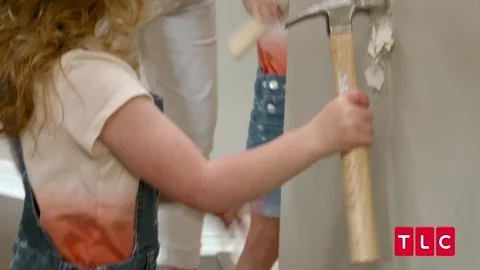
We can do up our house before selling it.
What does this phrase mean? 🤷
Meaning: to repair, renovate, or improve something.
Use: when talking about fixing or redecorating things like homes, offices, or personal belongings. It can also be used for when somebody makes extra effort to look a certain way!
Examples 💭
We did up the conference room to make it more comfortable for meetings.
They're doing up their kitchen completely so they can't cook at home right now.
I'll have my hair done up in a bun on my wedding day.
She loves to do herself up before going out to parties.
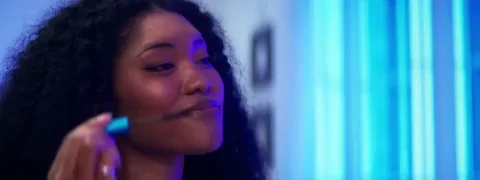
Before we move on, look down and check if you've done up your shoelaces!
Yes, there is a second way to use "do up"! 📢
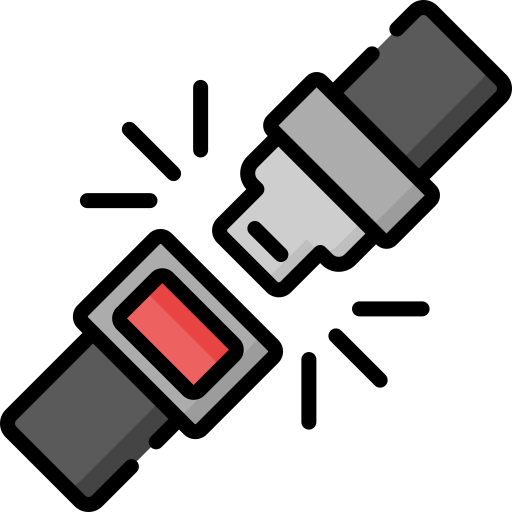
Meaning: to fasten, wrap, or tie something up.
Use: when talking about fastening or securing items like buttons, zippers, or even gift wrapping.
Examples 💭
You need to do up your seatbelt during takeoff on a plane.
They did up the present with a lovely ribbon.
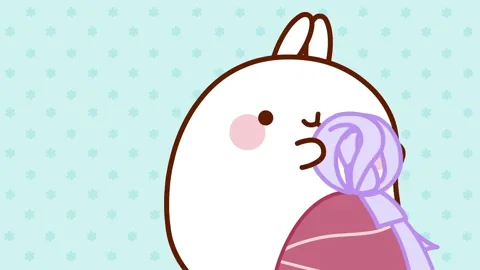
Quiz
Which of the following sentences uses "do up" correctly?
3. Do with (something)
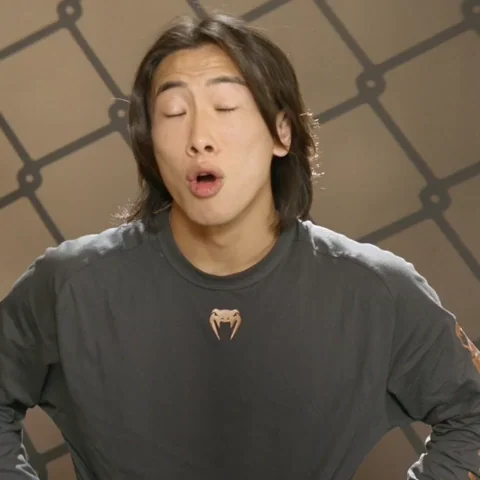
I could do with a vacation after this project is finished!

What does this phrase mean? 🤷
Meaning: to benefit from, want, or need something.
Use: when you want to say that something would be useful or desirable.
Examples 💭
I could do with a promotion right now, after all that work I put in last year.
I could really do with a hot chocolate now — it's freezing!
We could do with more staff to help with the workload.
Subscribe for more quick bites of learning delivered to your inbox.
Unsubscribe anytime. No spam. 🙂
4. Do without (something)
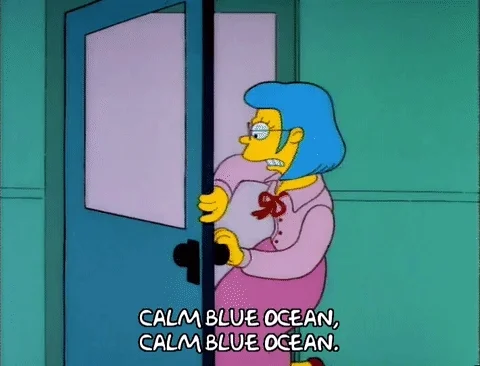
A teacher might say, "My students are very rude! That's the kind of behaviour I could do without."

What does this phrase mean? 🤷
It's the opposite of "do with"!
Meaning: to not want, or not approve of something.
Use: when you want to say that something would be undesirable.
Examples 💭
My students are very rude. That's the kind of behaviour I could do without.
I'm busy enough. I could do without you giving me even more to do!
Here is another way to use "do without": 📢
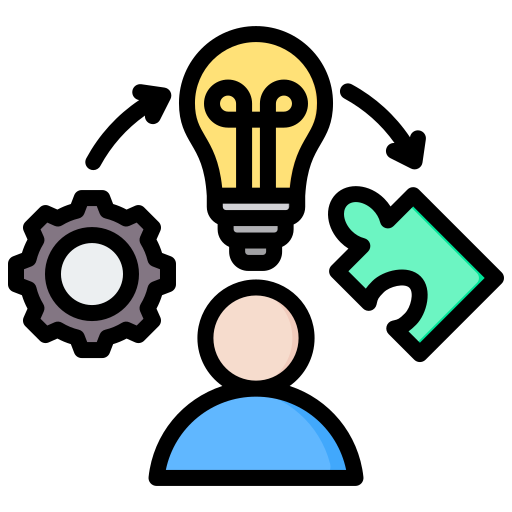
Meaning: to manage, adapt, or survive without something
Use: when you need to talk about dealing with a situation where something important is missing, especially when you need to adapt or make sacrifices
Examples 💭
Sometimes, I have to do without a single break during a school day!
My grandparents had to do without electricity and running water when they were young.
You'll need to do without your phones during summer camp.
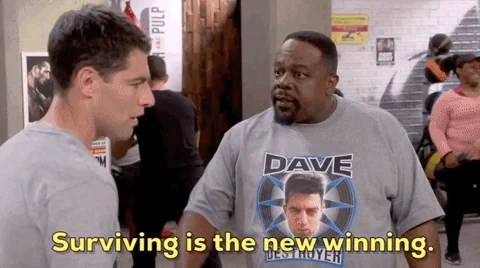
Quiz
I could really _____ some icecream after a long hike under the hot sun!
Take Action
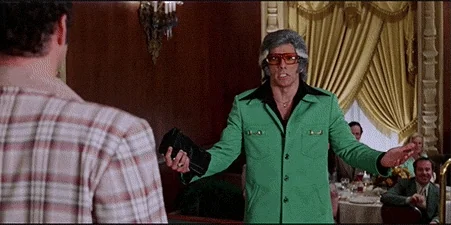
Now that you've learned four key phrasal verbs with "do," it's time to put them into practice! Try these activities:
Your feedback matters to us.
This Byte helped me better understand the topic.

